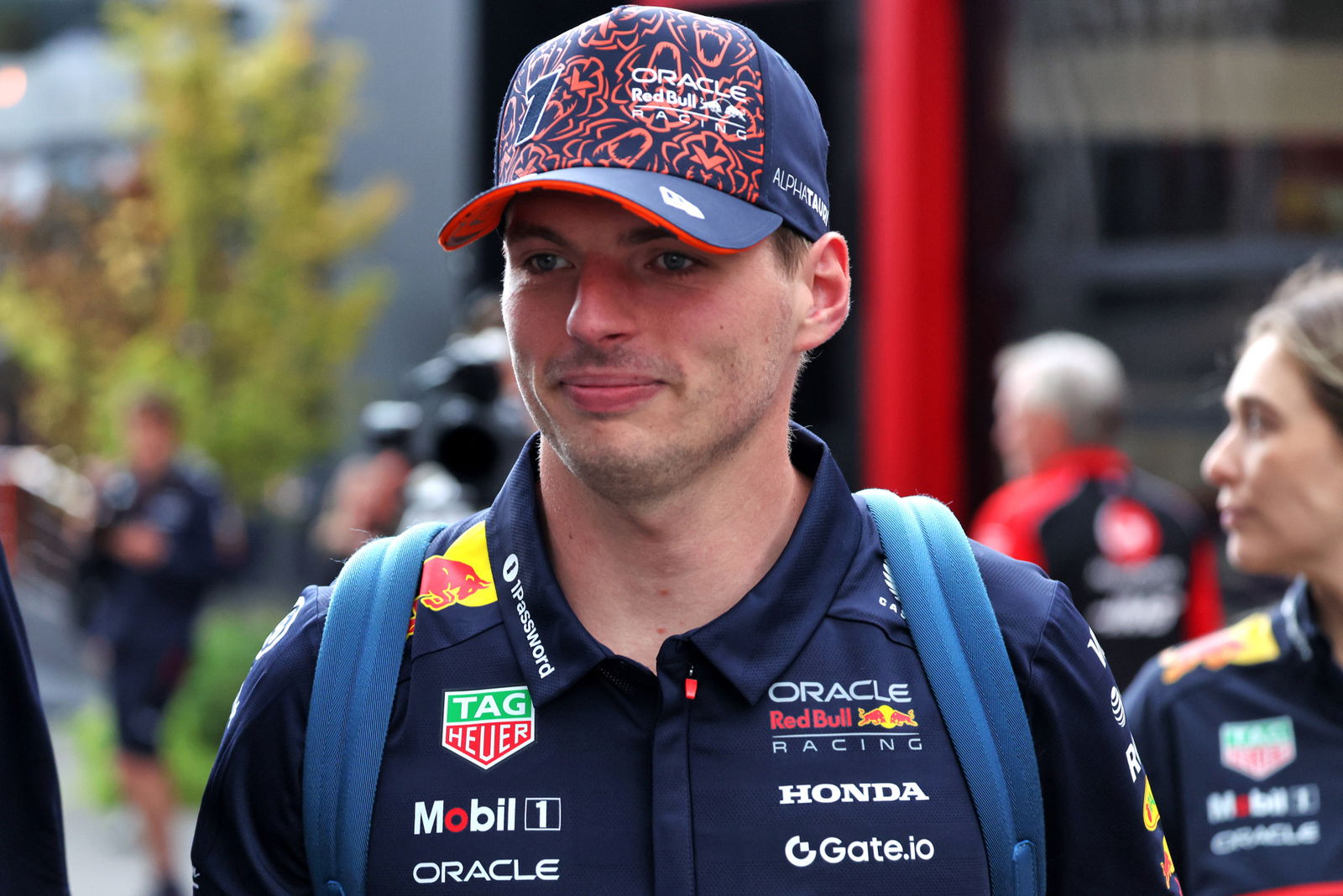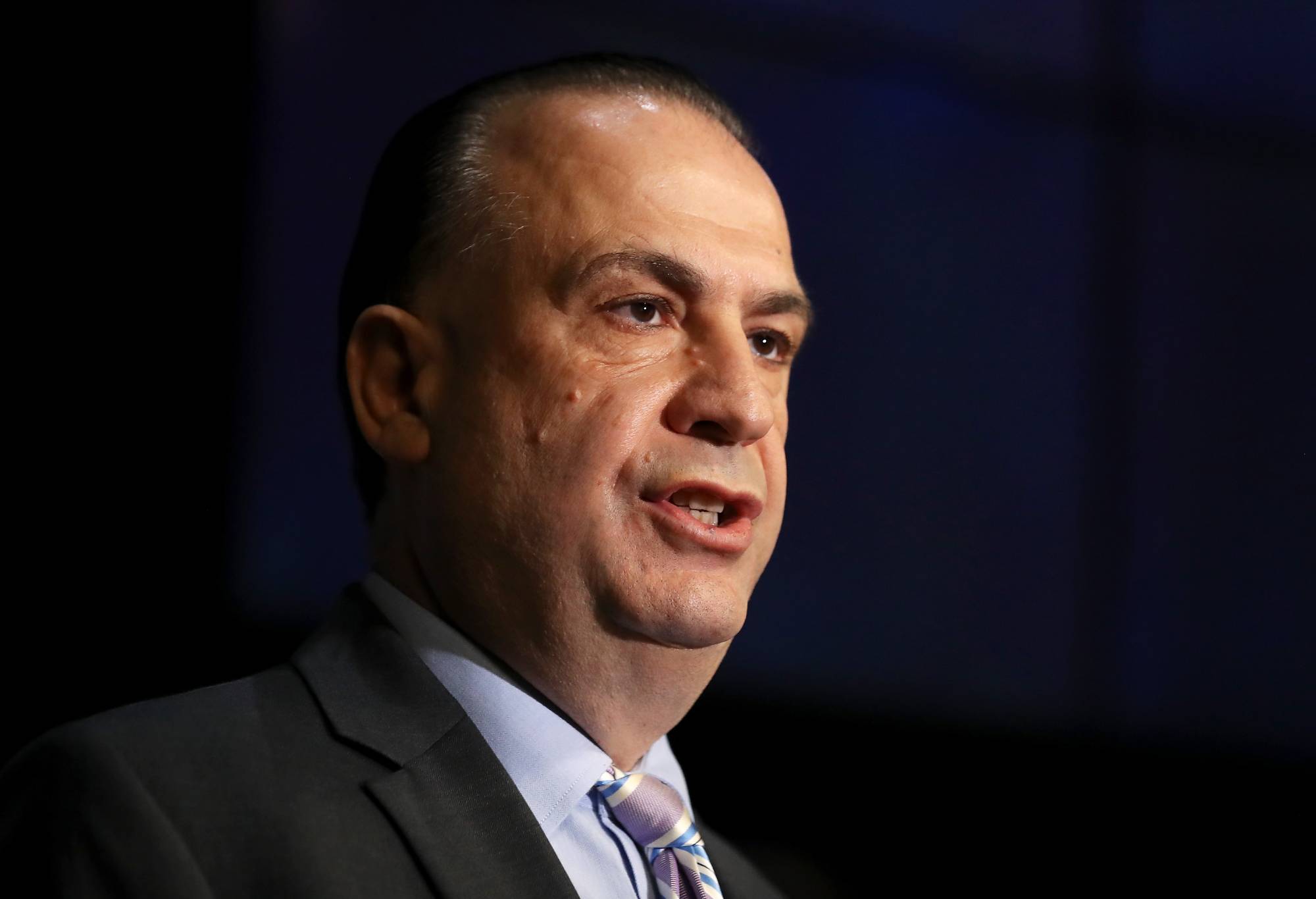Verstappen Slams 'Ridiculous' Belgian GP Delay: Was the Rain Decision Justified?

Max Verstappen has voiced his frustration over the prolonged suspension of Sunday's Belgian Grand Prix at Spa-Francorchamps, branding the decision to halt the race start as 'silly'. The Formula 1 world was plunged into uncertainty as torrential rain lashed the iconic circuit, leading race officials to suspend the start of the Grand Prix initially scheduled for 3pm local time.
The race ultimately began with a formation lap behind the safety car, a frustrating outcome for Verstappen and many fans who had braved the challenging weather conditions. The delay sparked debate amongst commentators and fans alike, with questions raised over whether the suspension was necessary or if the race could have been started under safety car conditions sooner.
“It’s just ridiculous,” Verstappen stated bluntly after the race. “We were just driving around and around. It was just silly to keep us waiting like that. The rain wasn't even that bad after a while. We could have easily been racing, I think.”
The FIA, motorsport's governing body, cited safety concerns as the primary reason for the suspension. Visibility was severely hampered for drivers, and the risk of aquaplaning was deemed too high to allow a standard race start. However, Verstappen’s comments highlight the tension between prioritizing safety and delivering a race for the fans.
This isn't the first time Spa-Francorchamps has been impacted by unpredictable weather. The circuit's challenging layout and frequently changing conditions make it a notorious test for drivers and race organizers. Past Belgian Grands Prix have been marred by dramatic weather events, leading to shortened races and controversial decisions.
The decision to suspend the race start also had a significant impact on the logistics of the event. Teams were kept waiting in the paddock, and fans faced long delays in the grandstands. The uncertainty surrounding the race's status added to the overall frustration.
While the FIA maintains its commitment to safety, Verstappen’s criticism underscores the need for clear and consistent decision-making processes in challenging weather conditions. The incident is likely to fuel further discussion about the protocols used to determine when a race can safely proceed, and whether adjustments are needed to better balance safety with the spectacle of Formula 1.
Looking ahead, the Formula 1 calendar presents numerous challenges, and race organizers will undoubtedly be analyzing the Belgian Grand Prix situation to refine their procedures and ensure the safety and enjoyment of all involved. The incident serves as a reminder of the unpredictable nature of motorsport and the constant need for vigilance and adaptability.




